10 Summer Gardening Tips for Rhode Island and Massachusetts
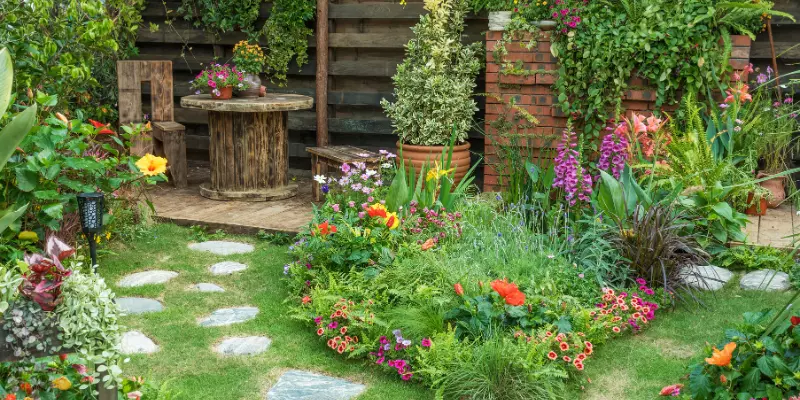
Are you seeking ways to ensure your garden thrives during the summer heat? Here are ten strategies to help your garden flourish during the warmer months!
With the arrival of warmer weather, it's time to prepare for the spring planting season and safeguard your garden against the challenges of summer.
Gardening is a delightful outdoor pursuit, ideal for engaging the entire family. Whether you're constructing garden beds in your backyard or adorning your space with potted blooms, understanding how to nurture your plants through the summer is vital.
In Rhode Island and Massachusetts, summers can bring intense heat and humidity, posing risks to your plants without proper care.
Follow these ten summer gardening tips:
Chapters
- Opt for the Right Plants
- Water Thoughtfully
- Prune with Caution
- Provide Shade
- Embrace Mulching
- Shield from Wind
- Limit Fertilizer Use
- Protect Potted Plants
- Incorporate Compost
- Weed Regularly
1. Opt for the Right Plants
Selecting plants suited to your local climate is crucial for a thriving garden. Look for varieties that can withstand the heat prevalent in Rhode Island and Massachusetts during the summer months.
Timing is key when planting. Aim for late spring to early summer for optimal growth. Ideal warm-season crops for these regions include tomatoes, peppers, squash, cucumbers, beans, and watermelon.
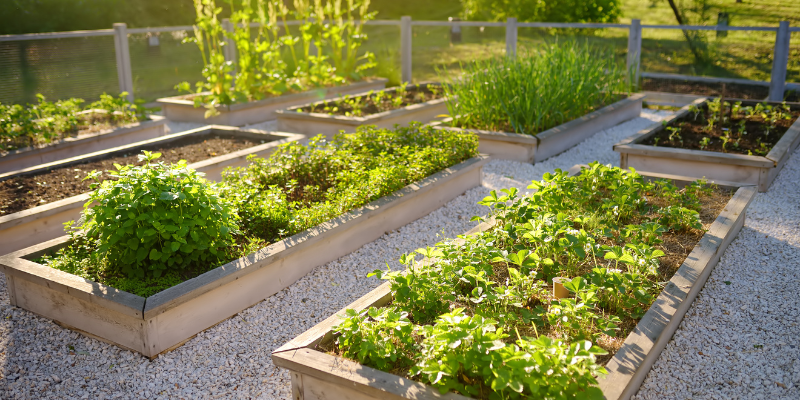
2. Water Thoughtfully
Proper watering is essential for your garden's survival in the summer heat. Water your garden early in the day or late in the evening to minimize evaporation.
During hot spells, ensure deep watering at least three times a week for in-ground plants. Seedlings may require watering twice daily until established. Avoid watering in full sun to prevent leaf scorch.
Consider drip irrigation for larger gardens and monitor potted plants closely, watering them as needed throughout the day.
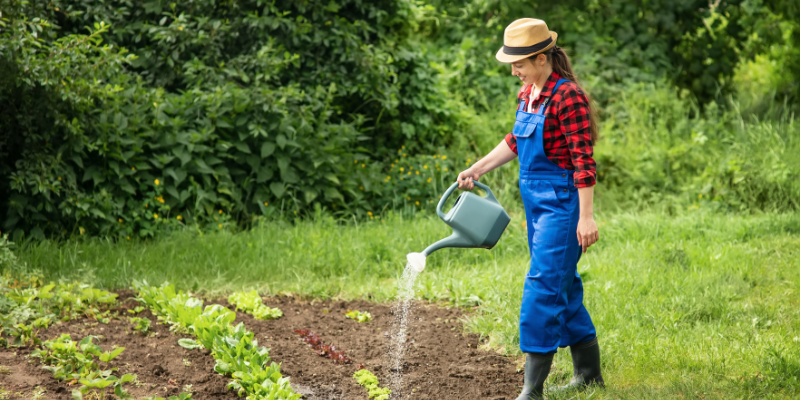
3. Prune with Caution
While pruning is beneficial for plant health, avoid heavy pruning during periods of high heat. Pruning in summer can expose vulnerable parts of the plant to excessive sunlight, leading to heat damage.
If pruning is necessary, do so during cooler parts of the day and keep it minimal to prevent stress on the plant.
4. Provide Shade
Protect your plants from direct sunlight and extreme heat by providing shade when necessary. Shade cloths are effective in reducing temperatures and preventing sunburn.
Certain crops, such as leafy greens and herbs, thrive in partially shaded areas and can benefit from shade during the hottest parts of the day.
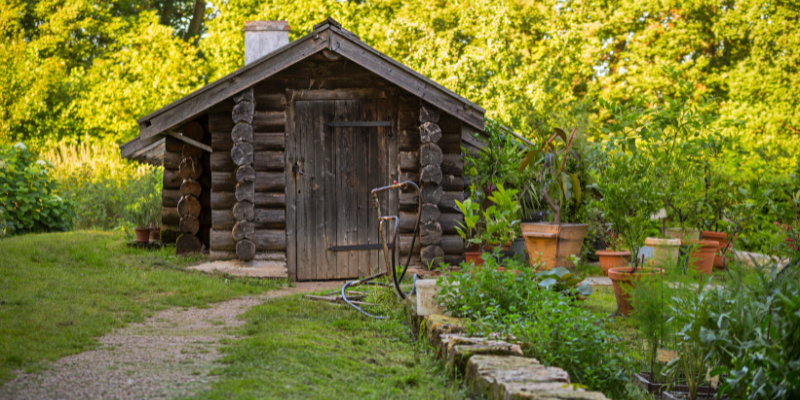
5. Embrace Mulching
Mulching is an excellent way to combat summer heat in your garden. Mulch helps regulate soil temperature, retain moisture, and suppress weed growth.
Ensure mulch is applied properly, leaving space around plant stems to prevent suffocation. Reapply mulch as needed throughout the season.
6. Shield from Wind
Strong winds can damage delicate plants during summer storms. Create wind barriers using trees, shrubs, or sturdy materials to protect your garden beds.
Secure tall plants with stakes or trellises to prevent them from bending or breaking in strong gusts.
7. Limit Fertilizer Use
During summer, reduce or eliminate fertilizer application to avoid stressing plants further. Over-fertilization can lead to nutrient imbalances and hinder plant growth in hot conditions.
Focus on maintaining soil moisture and providing adequate nutrients through compost and organic matter.
8. Protect Potted Plants
Potted plants are more susceptible to heat stress and dehydration. Move them to shaded areas as needed and water them frequently to prevent drying out.
Consider using larger pots with ample drainage to help regulate soil moisture levels.
9. Incorporate Compost
Boost your garden's health by incorporating compost throughout the summer months. Compost enriches soil, improves water retention, and enhances nutrient availability for plants.
Add compost to existing beds or containers to replenish nutrients and support healthy growth.
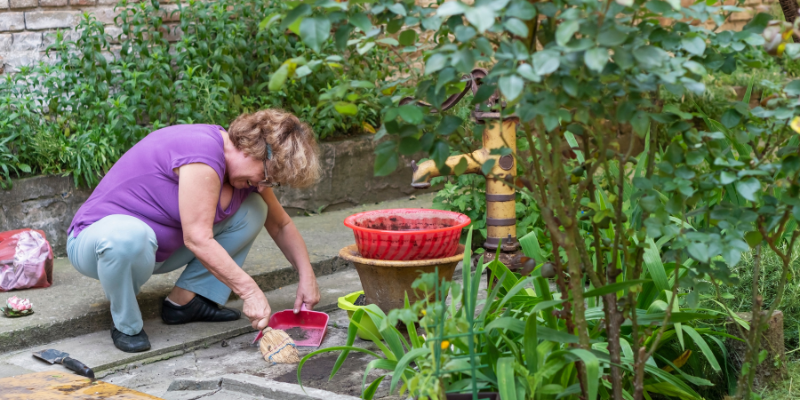
10. Weed Regularly
Keep your garden beds weed-free to prevent competition for resources and minimize the risk of pests and diseases. Hand-pull weeds or use targeted treatments to maintain a healthy garden environment.
By following these tips, you can ensure your garden thrives throughout the summer, providing you with a bountiful harvest and a beautiful outdoor space to enjoy.
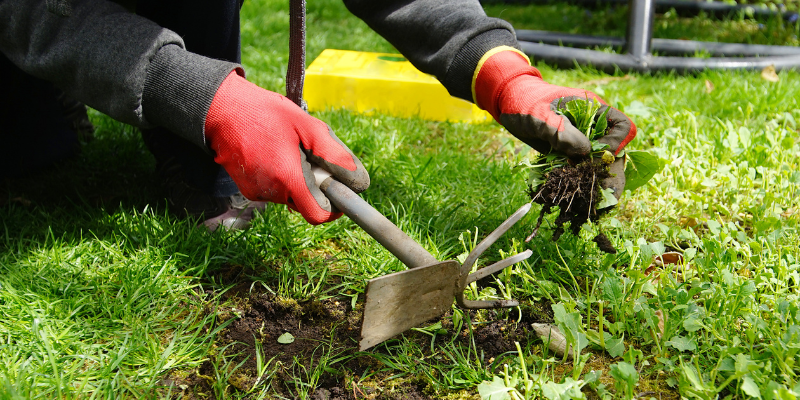
Methodology
We gathered insights from various reliable sources, including local gardening associations, university extensions, and agricultural publications, to compile these summer gardening tips tailored to Rhode Island and Massachusetts.
In conclusion, gardening in the summer can be a rewarding and enjoyable experience, offering numerous benefits for both body and mind. Whether you're a seasoned gardener or just starting out, these tips will help you cultivate a vibrant and resilient garden that flourishes despite the summer heat.
Categories
Recent Posts










